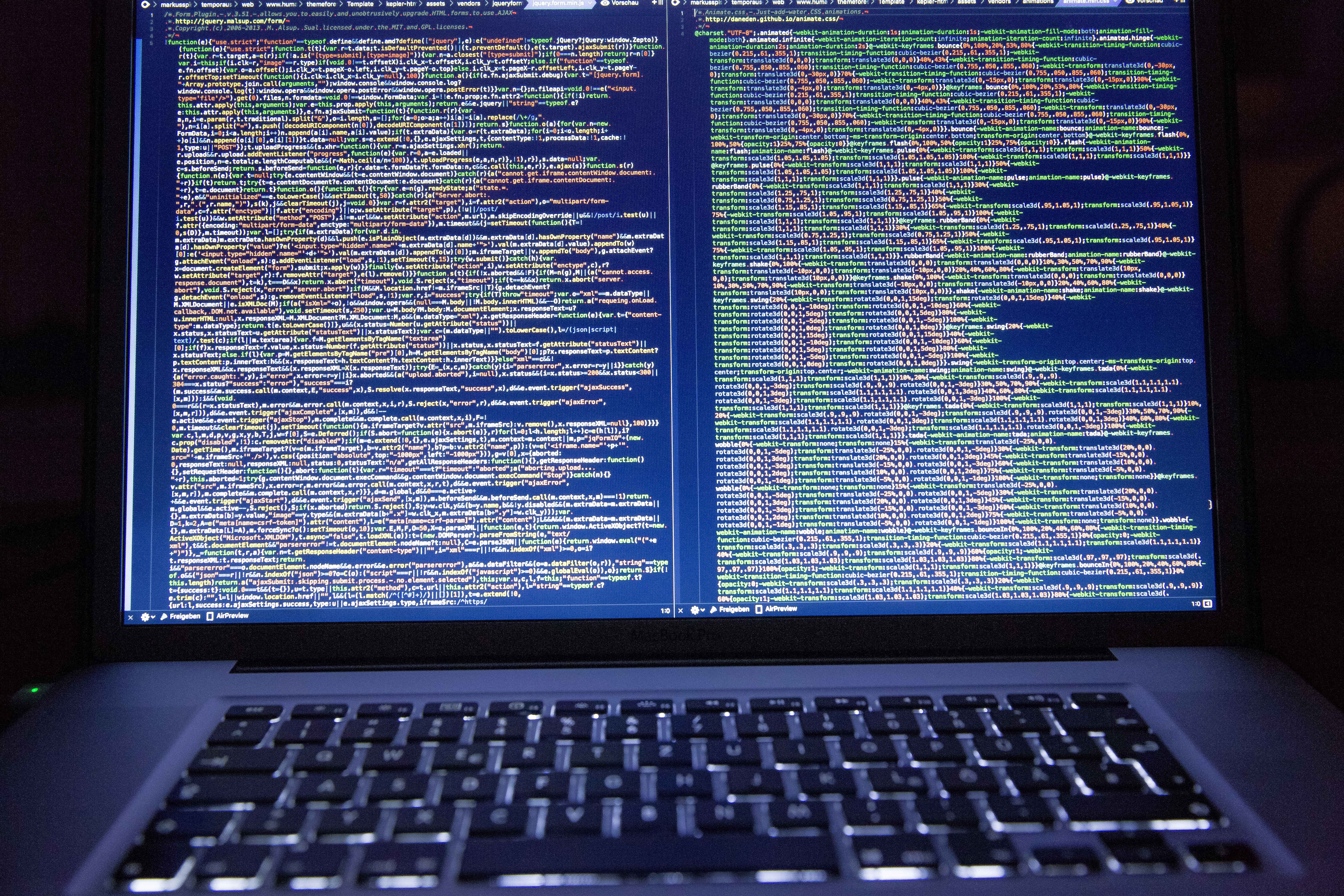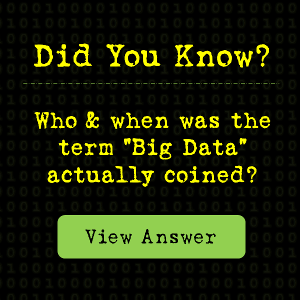Differentiating the Two Monsters: Big Data and Data Science

The importance of data in today's economy cannot be overstated. The actions we take and the tools we use to perform these tasks capture the digital versions of the business world. It's upon us to now find ways to exploit the goldmines of data and improve delivery.
Today, data is considered a disruptive strategy and the gateway to competitive advantage, rightly so. As a result, it has become a real resource of interest across multiple industries. Virtually, any business out there has something to gain from the use of the vast data resources at its disposal.
Harnessing Data Potential
The amount of digital data in existence is increasing at a rapid rate. It's everywhere – today's digital universe holds over 2.7 zettabytes of data, and by 2025, this figure is projected to have increased to 180 (zettabytes). As the amount of data in the business world increases, so has the efforts to harness its full potential.
There are two different approaches to data, both trying to fully harness its potential. One of them is big data, and the other one is called data science. The two approaches play fundamentally different roles in the effort to help organizations reap the benefits of data, but we've heard some quarters using the two terms interchangeably.
The Difference Between Big Data and Data Science
The fundamental differences between big data and data science are immense, but what's important is the fact that both approaches provide the potential to get value from vast amounts of data. Big data is more concerned with collecting and managing massive volumes of varied data to serve large sensor networks and large-scale web applications. Data science, on the other hand, concerns itself with the creation of models that capture the underlying patterns of intricate systems and collate them into working applications.
An In-Depth Look at Big Data and Data Science
The term big data, as used on today's tech and business worlds, describes an immense volume of both structured and unstructured data. Big data overwhelms business of all sizes on a daily basis. The humongous volumes of data we are referring to when we say 'big data' cannot be processed effectively with the traditional data solutions.
Big Data Processing
Big data processing starts with raw data, unorganized and unaggregated, and in most cases, impossible to store on the organization's computers. These are some of the big data challenges that necessitate the use of data analytics to examine the raw data, find a pattern, and draw conclusions from the information. To derive insights from big data, analysts can apply a mechanical or algorithmic process.
Big data solutions such as Hadoop cluster make it easy make inferences from big data by eliminating the challenges associated with big data processing. Problems associated with storage, analysis, and management of big data can be solved with Hadoop and other analytic solutions. Many organizations across various industries are using big data analytics to improve decision making.
Data Science
Data science is a term that encompasses all the techniques used in efforts to extract information and insights from data. Simply put, data science is an umbrella term for anything related to the analysis, preparation, and cleansing of vast amounts of both structured and unstructured data. A data scientist combines problem-solving, programming, mathematics, and statistics to capture data in ingenious ways.
Big data and data science — approaches to harness the potential of data — are fundamentally different. If an organization is looking to invest in a sound data strategy, understanding the distinction between big data and data science is imperative. The focus should be on the expertise and skills needed to convert data into value, and under the right conditions, both approaches should work in tandem towards a comprehensive solution.


 Mikkie
Mikkie









Good write up on data science and big data.